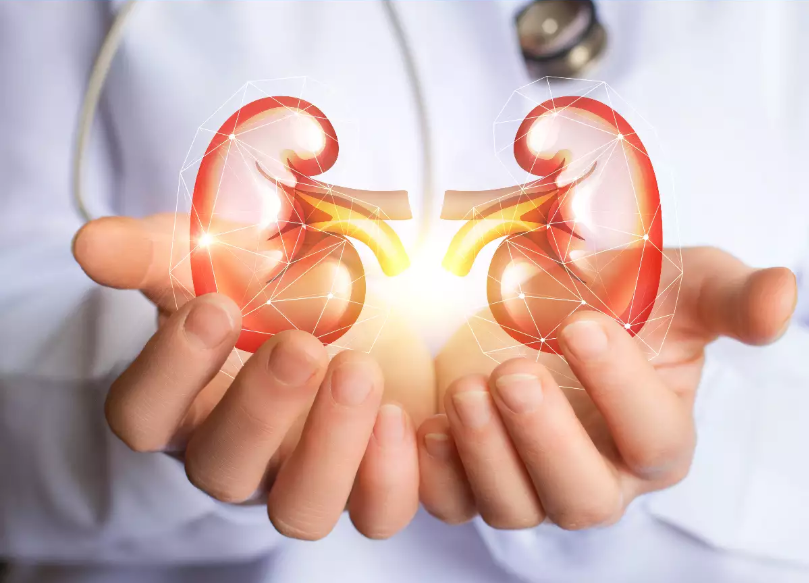

Your kidneys are fist-sized organs located at the bottom of your rib cage, on both sides of your spine. They perform several functions.
Most importantly, they filter waste products, excess water, and other impurities from your blood. These waste products are stored in your bladder and later expelled through urine.
In addition, your kidneys regulate pH, salt, and potassium levels in your body. They also produce hormones that regulate blood pressure and control the production of red blood cells.
Your kidneys are also responsible for activating a form of vitamin D that helps your body absorb calcium for building bones and regulating muscle function.
Maintaining kidney health is important to your overall health and general well-being. By keeping your kidneys healthy, your body will filter and expel waste properly and produce hormones to help your body function properly.
Here are some tips to help keep your kidneys healthy.
Regular exercise is good for more than just your waistline. It can lower the risk of chronic kidney disease. It can also reduce your blood pressure and boost your heart health, which are both important to preventing kidney damage.
You don’t have to run marathons to reap the reward of exercise. Walking, running, cycling, and even dancing are great for your health. Find an activity that keeps you busy and have fun. It’ll be easier to stick to it and have great results.
People with diabetes, or a condition that causes high blood sugar, may develop kidney damage. When your body’s cells can’t use the glucose (sugar) in your blood, your kidneys are forced to work extra hard to filter your blood. Over years of exertion, this can lead to life-threatening damage.
However, if you can control your blood sugar, you reduce the risk of damage. Also, if the damage is caught early, your doctor can take steps to reduce or prevent additional damage.
High blood pressure can cause kidney damage. If high blood pressure occurs with other health issues like diabetes, heart disease, or high cholesterol, the impact on your body can be significant.
A healthy blood pressure reading is 120/80. Prehypertension is between that point and 139/89. Lifestyle and dietary changes may help lower your blood pressure at this point.
If your blood pressure readings are consistently above 140/90, you may have high blood pressure. You should talk with your doctor about monitoring your blood pressure regularly, making changes to your lifestyle, and possibly taking medication.
People who are overweight or obese are at risk for a number of health conditions that can damage the kidneys. These include diabetes, heart disease, and kidney disease.
A healthy diet that’s low in sodium, processed meats, and other kidney-damaging foods may help reduce the risk of kidney damage. Focus on eating fresh ingredients that are naturally low-sodium, such as cauliflower, blueberries, fish, whole grains, and more.
Submit an inquiry or call - whats-app at 9990005599 to speak with one of our friendly staff.
© Copyrights 2019 Free Doctor Helpline
Designed and Developed by ITMNC Group